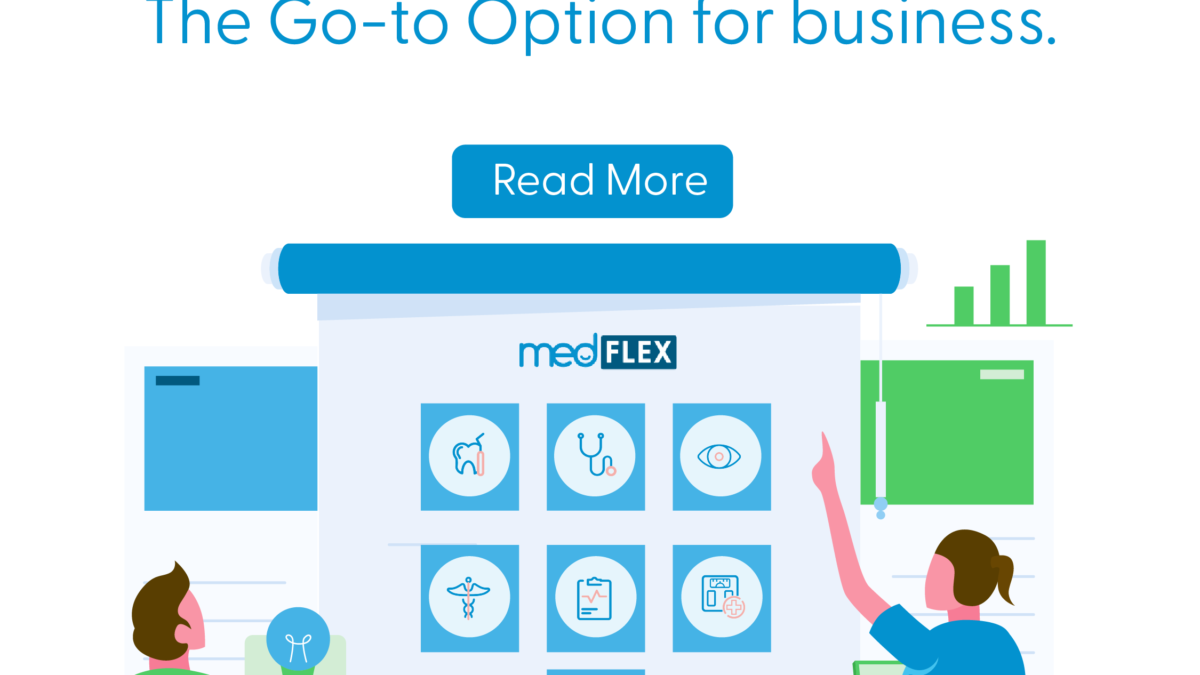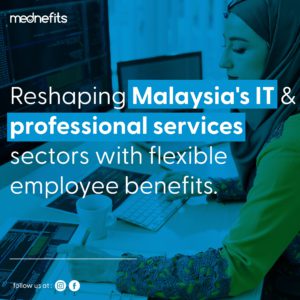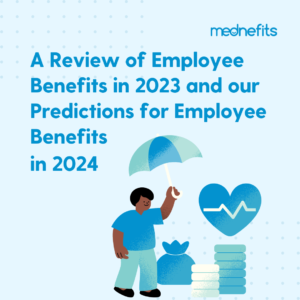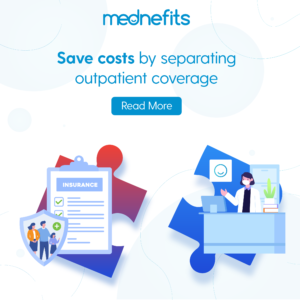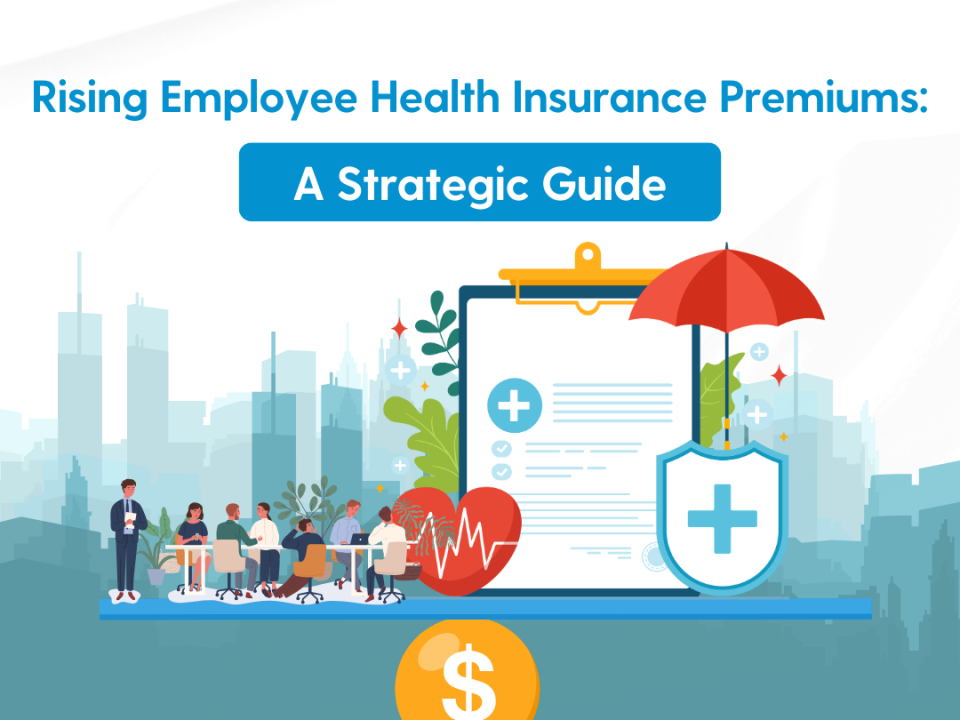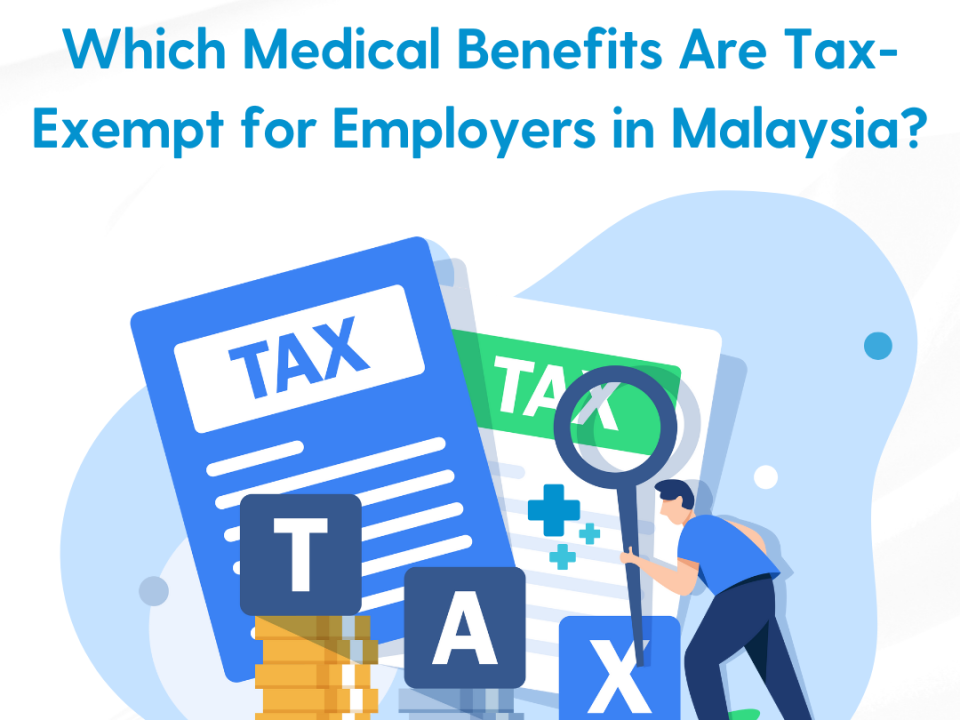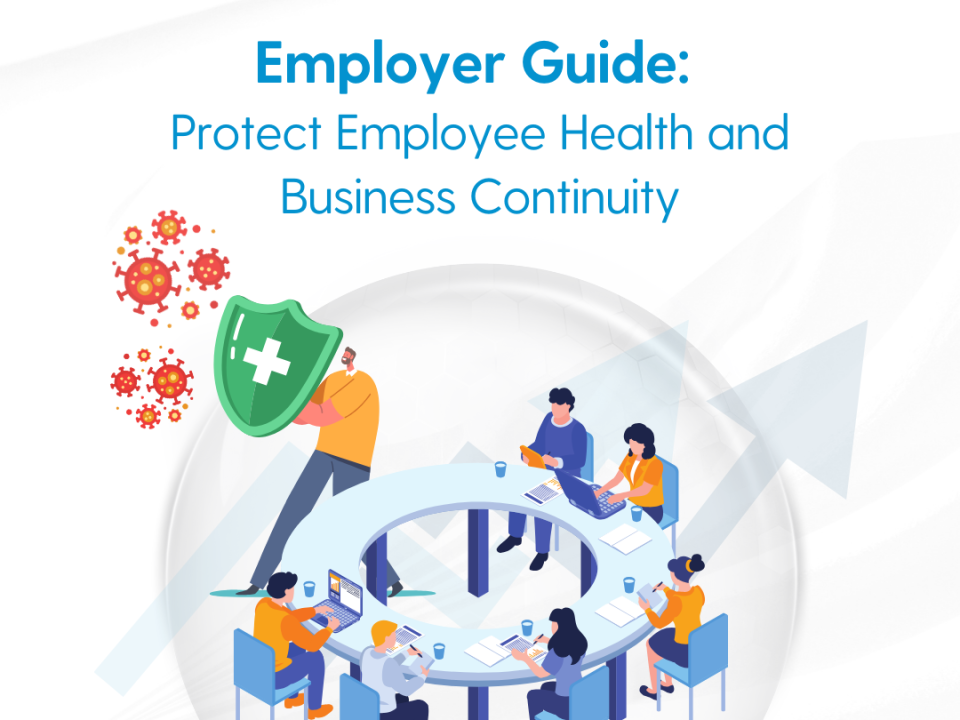
Top three ways your employee benefits provider can help you cut costs and improve ROI
June 28, 2024
Which is the best employee benefits platform for you?
July 18, 2024Innovation over insurance: How flexi-benefits are becoming the go-to option for businesses
Employee Benefits
Innovation over insurance: How flexi-benefits are becoming the go-to option for businesses
July 9, 2024
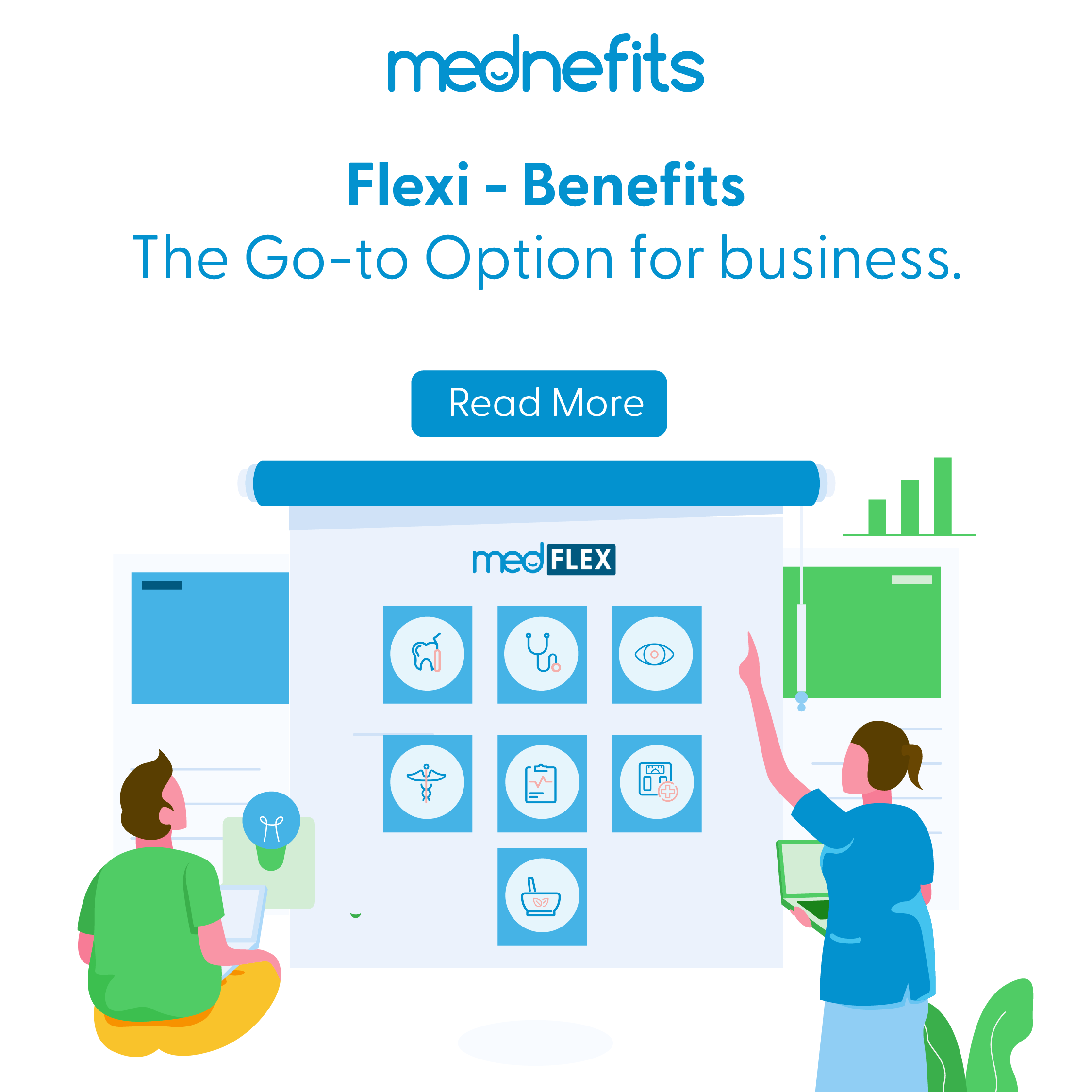
It is heartwarming to know that APAC is leading in terms of real salary growth in 2024 new estimates revealed that the average real-terms pay increase will hit 2.2%. However, we are also seeing a rise in voluntary turnover and attrition rates, showing an increase from 16.5% in 2022 to 18.5% in 2023. But, what does this mean for employers?
Simply, a rise in salary is no longer sufficient to retain and attract top talent. A study conducted by Hays Asia found that out of all the countries in Asia, Malaysian employees come out to be the most unhappy with their compensation packages with 46% of employees indicating salary is not the only factor contributing to the employee retention. Employee benefits packages remain a crucial factor (38%) when it comes to influencing an employee's decision to stay within the company.
However, traditional employee benefits packages are no longer sufficient to attract and retain top talent, while also reducing employee benefits costs. As a result, employers are turning to innovative solutions to include benefits that attract employees, such as flexi-benefits, to meet the diverse needs and preferences of their workforce. Flexi-benefits, also known as flexible benefits or cafeteria plans, allow employees to customise their benefits package to fit their individual needs. This approach not only empowers employees by giving them greater control over their benefits, but it also provides employers with a cost-effective and competitive alternative to traditional insurance plans.
In this article, we will explore the growing trend of flexi-benefits and how they are revolutionising the employee benefits landscape. We will discuss the advantages of flexi-benefits for both employers and employees and examine how this approach is becoming the go-to option for companies looking to attract and retain top talent in today's competitive job market. From cost savings to increased employee satisfaction, flexi-benefits are proving to be a game-changing solution for businesses of all sizes.
Exploring the limitations of traditional insurance
Traditional insurance poses various challenges that can have profound effects on both employers and employees. Especially with the rising cost of healthcare spending in Asia by a staggering 9.9%, it is not surprising that reducing employee benefits costs remains a primary concern for employers. The high costs can strain resources and hinder the ability to provide comprehensive coverage for employees. Furthermore, the lack of flexibility and personalisation, to include benefits that attract employees, in conventional insurance plans may not adequately cater to the unique needs of a diverse workforce. This one-size-fits-all approach often falls short in addressing the specific requirements and preferences of individual employees, leaving them with limited choices and potentially inadequate coverage.
In addition to the financial burdens placed on employers, the cumbersome claims processes and delays in reimbursements associated with traditional insurance can lead to frustration and dissatisfaction among both employers and employees. The administrative complexities and paperwork involved in filing claims can be time-consuming and challenging to navigate, causing further stress for all parties involved. The inefficiencies in processing claims and the delays in receiving reimbursements can disrupt the smooth functioning of business operations and impact the overall morale and productivity of employees. As such, the limitations of traditional insurance plans highlight the pressing need for more innovative and tailored insurance solutions that can better meet the evolving needs of businesses and their employees in today's dynamic market.
Enter flexi-benefits: The game changer in employee benefits for employers
Flexi-benefits, as a concept, epitomise the modern approach to employee benefits management. By allowing employers to tailor employee benefits offerings to the unique needs of their workforce, flexi-benefits enable organisations to enhance their value proposition and stand out in a competitive job market. This customisation not only acknowledges the diverse needs and preferences of employees but also demonstrates a commitment to ensuring their well-being and satisfaction within the workplace.
Furthermore, the scalability inherent in flexi-benefits programs empowers organisations to adapt and evolve alongside changing workforce dynamics. This adaptability is crucial in meeting the demands of a multi-generational workforce, where one-size-fits-all benefits packages may fall short. By providing a range of benefit options that employees can select based on their circumstances, employers can foster a culture of inclusivity and support that resonates with a broad spectrum of team members. Ultimately, embracing flexi-benefits reflects a forward-thinking approach to employee benefits that prioritises personalisation, employee satisfaction, and organisational effectiveness.
Technological solutions amplifying the benefits of flexi-benefits
Mednefits values and recognises the importance of incorporating technology into our flexi-benefits approach and we have seen how it has fundamentally transformed the industrial landscape, ushering in a new era of efficiency and accessibility for both employees and employers alike. The Mednefits platform digitises and automates the daunting administrative process, streamlining the management of employee benefits, and making it more convenient and user-friendly for employees and employers alike. Especially with the introduction of cashless transactions at panel providers, employees can seamlessly access and utilise their benefits without the burden of cumbersome paperwork or reimbursement procedures, enhancing their overall experience.
Moreover, the utilisation of data analytics has significantly augmented the benefits system by providing invaluable real-time insights into usage patterns and optimisation opportunities. By leveraging these analytics, employers can gain a comprehensive understanding of how employees are utilising their benefits, enabling them to make informed decisions and adjustments promptly. This data-driven approach not only enhances the efficiency of benefits administration but also facilitates a more personalised and tailored experience for employees, ultimately driving greater satisfaction and engagement within the workforce.
Employees can benefit significantly from flexi-benefits too!
By tailoring benefits packages to meet the diverse needs and preferences of individual employees, companies can foster a culture of inclusivity and support. This level of personalisation not only enhances employee morale and engagement but also underscores the organisation's commitment to prioritising the well-being of its workforce. In a competitive job market where talent retention is crucial, the ability to provide flexi-benefits can set a company apart as an employer of choice, attracting top talent and nurturing a loyal and motivated team.
Additionally, the adaptability inherent in flexi-benefits enables organisations to respond swiftly to market changes and evolving employee expectations. This agility ensures that companies can remain competitive and relevant in a dynamic business environment, as they can adjust their employee benefits offerings to align with emerging trends and employee preferences. By investing in flexi-benefits programs, companies demonstrate their agility and commitment to meeting the evolving needs of their workforce, ultimately fostering a positive employer-employee relationship that contributes to long-term organisational success.
Flexi-benefits should no longer be merely an option
Companies need to adapt and offer flexible benefits that meet the needs and preferences of their employees. Flexi-benefits not only provide employees with a sense of empowerment and control over their employee benefits, but they also allow employers to stay competitive and attract top talent while reducing employee benefits costs. As the demand for personalised and innovative benefits continues to grow, it is clear that flexi-benefits are becoming the go-to option for companies looking to prioritise the well-being and satisfaction of their employees. Embracing this trend can lead to a happier and more engaged workforce, ultimately driving the success and growth of a company.
